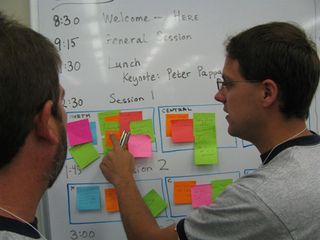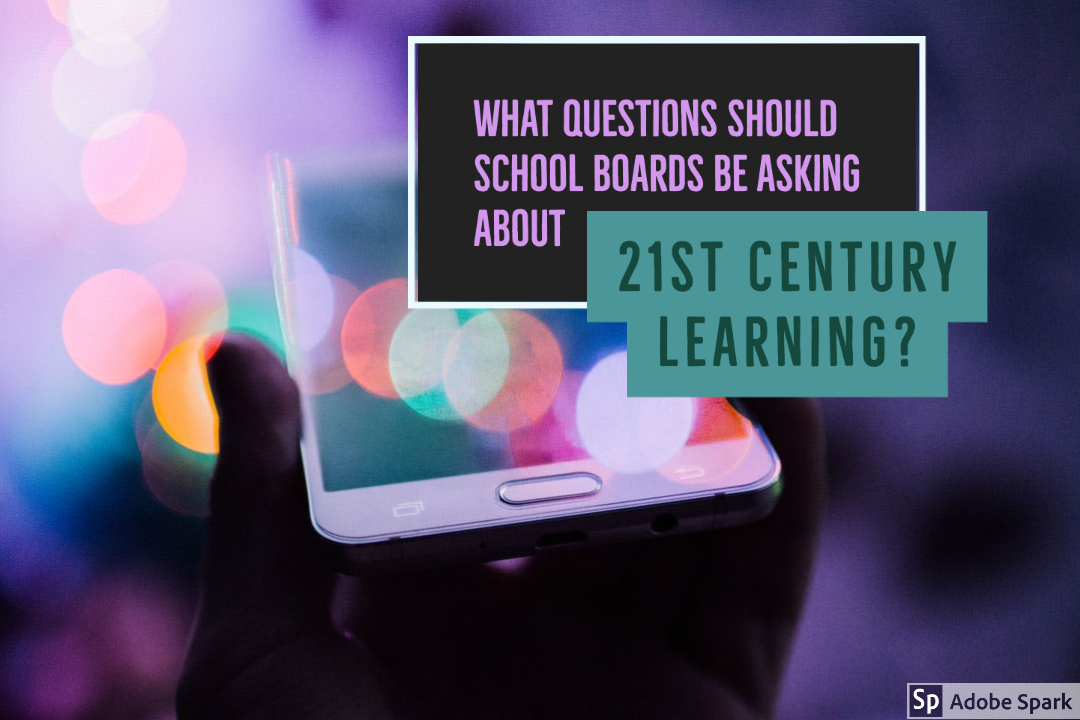In the coming weeks, schools across the country will reopen. I feel badly for the many teachers and students who will return to the grueling routine of test-prep. Perhaps they have convinced themselves that the foundation of teaching is to tell students something they did not previously know. As Donald Finkel has described it – teaching as telling. Do they see students as computers waiting for instructions? Teachers of high performing students forced to "install" the SAT / AP files while teachers of low performing students "upload" minimum competency on state exams. Different students and goals, but equal in the outcome that nobody will be having much fun.
Last week I attended Project Foundry's "2nd Annual unConference" in Milwaukee and was reminded that there is a growing core of schools and teachers who have rejected the mind-numbing routine of test-prep. I was uplifted knowing that these teachers and their students were getting ready for the rewards of a school year of project-based learning.
Project Foundry is a leading provider of online learning management systems with a focus on the needs of PBL classroom. Their conference assembled 60+ educators from across the country. These PBL teachers share a belief that students can't be programmed for the tests. Instead, they strive to provide a supportive learning environment that will foster the skills, motivation and responsibility for the students to become genuine life-long learners. (Not just the empty promise of typical district mission statement.)
The PBL teachers came from a wide variety of schools (urban / rural, experiential / career, charter / public school, high / low-needs students). They embodied many approaches, but they all shared the goal of helping students take increasing responsibility for their learning. It was no surprise that my keynote talk – "Supporting Reflective Learners" was warmly received by the attendees. See my post for more on my Taxonomy of Reflection.
 As I walked into the unConference's host school – the Milwaukee's Professional Leadership Institute, I couldn't help but notice the powerful display of student work on the wall. (At left). It embodied a reflective, project-based approach in action and reminded me that across the country a small, but increasing number of students would embrace a new school year laced with the promise of self-discovery and personal growth.
As I walked into the unConference's host school – the Milwaukee's Professional Leadership Institute, I couldn't help but notice the powerful display of student work on the wall. (At left). It embodied a reflective, project-based approach in action and reminded me that across the country a small, but increasing number of students would embrace a new school year laced with the promise of self-discovery and personal growth.
Note: "In My Shoes", was a school studio project in the arts enrichment program offered by Artists Working in Education (AWE) and proposed and hosted by Milwaukee's Professional Leadership Institute. For a full description of the project see the excellent blog post by unConference attendee, Angie Tenebrini.





